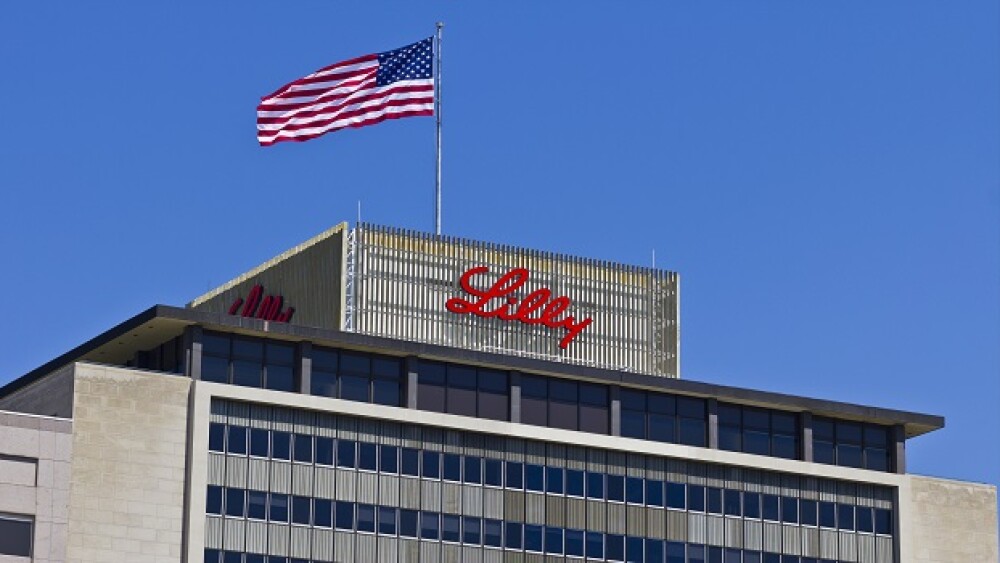Eli Lilly and Co. has licensed 2G UNic technology from Leiden, the Netherlands-based ProteoNic Biotechnology BV. The tech is used to improve recombinant protein production. No financial details were disclosed.
Jonathan Weiss / Shutterstock
Eli Lilly and Co. has licensed 2G UNic technology from Leiden, the Netherlands-based ProteoNic Biotechnology BV. The tech is used to improve recombinant protein production. No financial details were disclosed.
Under the deal, Lilly gets non-exclusive commercial rights to apply the technology to developing its proprietary products. ProteoNic’s mammalian protein expression technology allows for better recombinant cell line product levels in a variety of host cells, selection systems and protein targets. The tech increases transcription and translate rate by combining novel genetic elements.
“2G UNic technology can be instrumental in achieving the highest possible production levels and contribute to the economically viable production of both innovator and biosimilar products,” stated Frank Pieper, chief executive officer of ProteoNic. “ProteoNic will continue to work to reach maximum potential of the production of biologicals for current and future clients.”
In recombinant protein production, scientists insert new genes into a cell’s genome, essentially reprogramming the cells to produce specific proteins. The gene is transcribed into RNA, which is then used as a template for protein production. The newly synthesized protein is delivered through the cell and typically dumped into the culture medium. From there it can be isolated by the scientists for whatever use it is intended—drugs or active ingredients, for example.
UNic enhances the efficiency of this process by increasing recombinant protein output per cells. It specifically improves translation, the step from the template to protein production.
ProteoNic notes that it allows companies to enter into an evaluation license before signing a commercial license. This allows companies to test out the technology for a fixed time period. It also points out that the license terms generally include product specific and two milestone fees, but no royalties. They also offer alternate licensing structures.
Lilly, meanwhile, has been busy with its acquisition of Loxo Oncology, which it announced on January 7. It is acquiring the company for $8 billion. Loxo has Vitrakvi (larotrectinib), an oral TRK inhibitor that it developed and commercialized with Bayer. It also has LOXO-292, an oral RET inhibitor being evaluated in multiple tumor types. The deal is expected to close at the end of the first quarter.
Yesterday, February 4, the company announced that its baricitinib met its primary endpoint in BREEZE-AD1 and BREEZE-AD2, two Phase III trials evaluating the drug as monotherapy for adults with moderate to severe atopic dermatitis. Both trials compared the drug to placebo. In both trials, patients receiving the drug hit the primary endpoint at Week 16, defined by the Investigator’s Global Assessment for AD (IGA) score of clear or almost clear. The two trials are part of five studies that will be part of the placebo-controlled program to support global regulatory submissions.
“Atopic dermatitis is a chronic inflammatory skin disease that can negatively impact the quality of life for patients, and unfortunately there are limited treatment options, particularly oral medications,” stated Lotus Mallbris, vice president of immunology development at Lilly. “We are encouraged that baricitinib met the primary endpoints in these two studies and look forward to seeing the collective results of all five studies.”
Lilly will release its fourth-quarter and 2018 year-end financials on Wednesday, February 6.





